January 5, 2017
Last year, autonomous vehicles (AVs) graduated from a Silicon Valley aspiration to a perceived inevitability as companies raced to attract experts and poured money into their research efforts.
At the start of 2016, Google was the recognized leader in AV testing and deployment. But a series of defections, corporate reorganizations, and the ultimate spinoff of Google’s self-driving car into Waymo threw the project off course in both the boardroom and in the press.
Now a series of other automakers and tech firms are pushing the envelope of the technology – and at the same time, an uncertain patchwork of city, state, and federal laws that regulate the testing and deployment of new vehicle technologies.
If 2016 was the year that autonomous vehicles were recognized, 2017 will be the year that they are regulated. A dissonant chorus from the industry and AV advocates call for compatible (but limited) state laws and comprehensive (but not stringent) federal regulations that will create regulatory certainty without hampering innovation.
While autonomous vehicles enjoy wide bipartisan support, once-small divisions are growing between the parties as consumer protection and public safety advocates sound the alarm on a technology that has not yet been deployed.
As we kick off this year, ETW identified six ongoing stories that will drive the conversation around autonomous vehicle policy at the federal, state, and local level in 2017.
Boston, Massachusetts
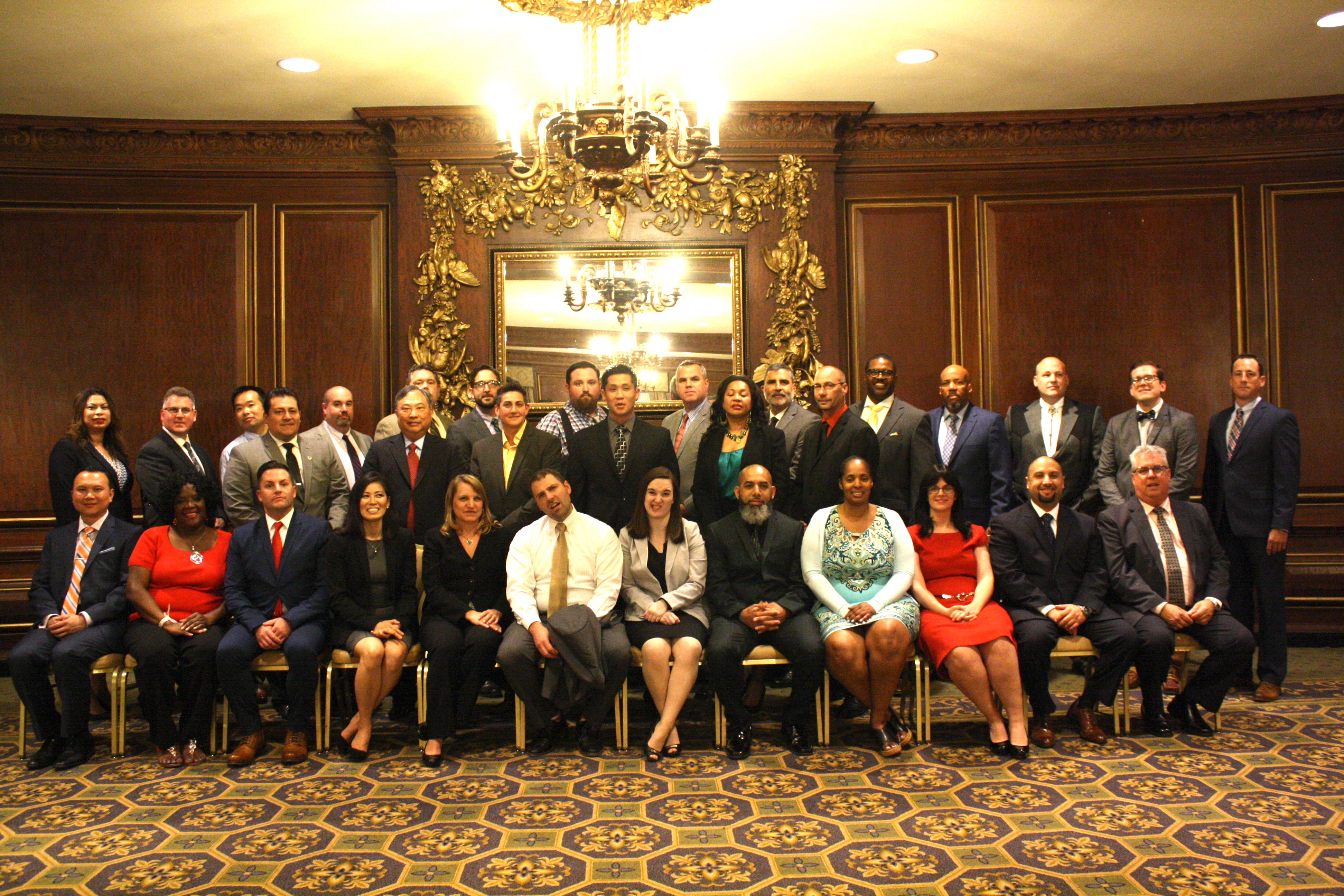 NuTonomy’s inaugural autonomous vehicle test in Boston experienced an unforeseen rain delay on Tuesday, January 3.
NuTonomy’s inaugural autonomous vehicle test in Boston experienced an unforeseen rain delay on Tuesday, January 3.
Following its launch of a self-driving taxi service in Singapore last year, the company reached an agreement with Massachusetts and the City of Boston to test AVs in incrementally challenging environments.
In the first 100 miles of testing, NuTonomy is allowed to operate only within the Raymond Flynn Marine Park with clear conditions and full daylight. The company was prohibited from engaging its AV technology under rainy conditions, and therefore opted for an engineer to drive the car around the park to collect data about its surroundings.
This initial phase will be followed by an additional 100 miles of operating in dynamic driving environments and adverse weather conditions before NuTonomy begins testing on public roads.
Massachusetts Governor Charlie Baker and Boston Mayor Martin Walsh issued executive orders that paved the way for this test. Governor Baker’s Executive Order 572 formed a working group to propose state legislation and support Memoranda of Understanding (MOU) agreements between companies and Massachusetts DOT (MassDOT).
The MOU includes a process for companies to obtain approval from MassDOT to test AVs by submitting applications that demonstrates the vehicle (a) has passed a Registry of Motor Vehicles inspection, (b) can be operated without undue public safety risks, and (c) will have a human inside at all times it is operating.
On the same day, Mayor Walsh signed an executive order appointing Boston Transportation Commissioner Gina Fiandaca to lead oversight of AVs in city limits. The order also instructed the Boston Transportation Department and the Mayor’s Office of New Urban Mechanics (MONUM) to publish guidelines for AV testing and issue policy recommendations for AV deployment.
AV-Friendly Policies Encourage Ford Expansion
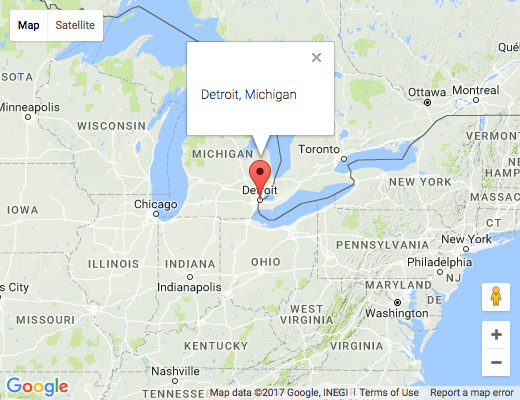 This week, Ford Motor Company introduced the next generation of its autonomous Fusion Hybrid development vehicle at the Consumer Electronics Show in Las Vegas. The automaker plans to more than triple its fleet of autonomous development vehicles in 2017 with operations in Michigan, California, and Arizona – each of which have already established policies for testing AVs.
This week, Ford Motor Company introduced the next generation of its autonomous Fusion Hybrid development vehicle at the Consumer Electronics Show in Las Vegas. The automaker plans to more than triple its fleet of autonomous development vehicles in 2017 with operations in Michigan, California, and Arizona – each of which have already established policies for testing AVs.
Notably, Michigan passed a comprehensive package of legislation in December that allows automakers to test automated vehicle technologies and operate on-demand automated fleets.
In California, Ford has already received an AV testing permit and is already actively testing in the state and is expanding its Silicon Valley operations by building a dedicated AV campus and doubling its staff in Palo Alto.
Arizona Governor Doug Ducey has led the state’s effort to create a friendly testing environment that would attract Ford and other entities developing autonomous vehicles. In 2015, Ducey signed an executive order instructing Arizona agencies to “undertake all necessary steps to support the testing and operation of self-driving vehicles.”
Ford plans to deliver mass-produced, fully autonomous vehicles for ridesharing networks by 2021.
Uber Flees California Regulators
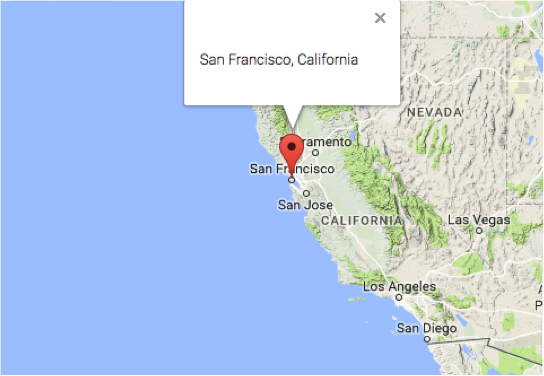 In stark contrast with Ford, the Silicon Valley giant refused to apply for a California AV testing permit for its Self-Driving Uber service in San Francisco last month. This triggered a high-profile showdown with the city’s mayor and the California state government as the parties wrestled with the state’s vague definition of an autonomous vehicle.
In stark contrast with Ford, the Silicon Valley giant refused to apply for a California AV testing permit for its Self-Driving Uber service in San Francisco last month. This triggered a high-profile showdown with the city’s mayor and the California state government as the parties wrestled with the state’s vague definition of an autonomous vehicle.
As we discussed last month, California requires companies testing vehicles that are capable of driving “without the active physical control or monitoring of a natural person” to apply for testing permits. Uber argued that its vehicles were not fully autonomous and have human drivers constantly monitoring them, and should be treated the same as other vehicles that use advanced driver assistance features (e.g., Tesla’s Autopilot).
Following a cordial but fruitless meeting with California regulators, Uber announced that it would move its self-driving car operations to Arizona (which does not require special permits or licensing for AVs) on December 22nd. Governor Doug Ducey welcomed Uber to California “with open arms and wide open roads” in a press release, stating “California may not want you, but we do.”
In case it is not yet evident that we are in an era of Twitter diplomacy, Ducey sent out a tweet the day before:
Adding insult to injury, Uber’s AVs were driven out of the state on one of its autonomous Otto trucks (although The Verge reports that the trucks did not appear to drive themselves to Arizona).
Uber plans to launch its Self-Driving Uber operations in Tempe, Arizona this year.
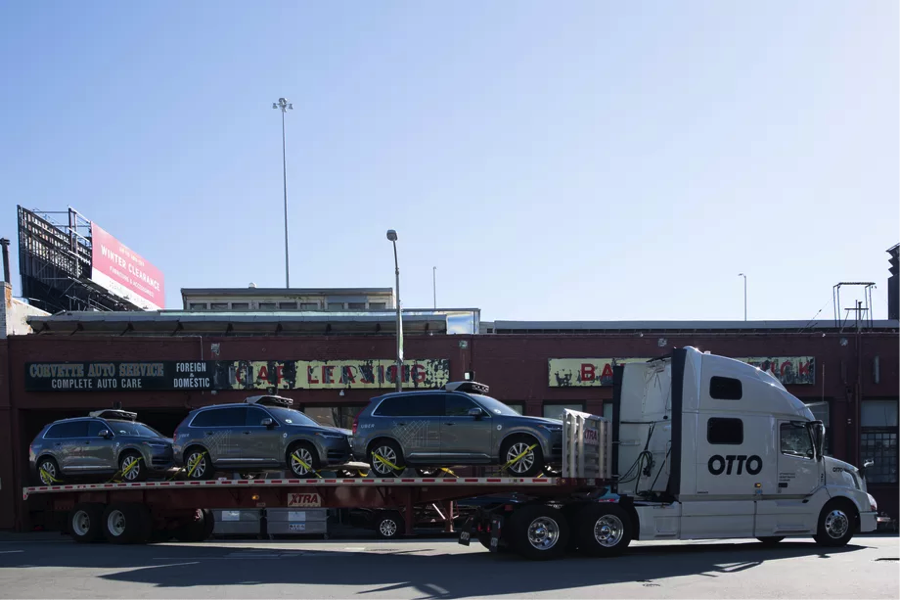
Santa Clara University, California
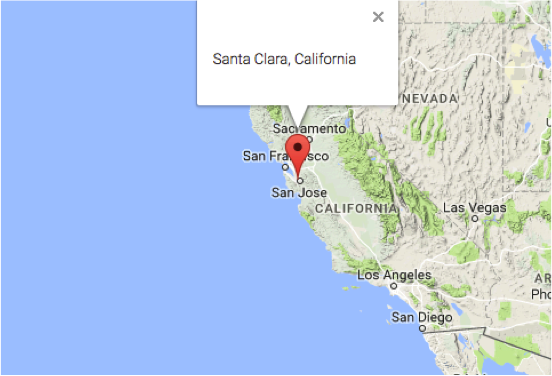 At Santa Clara University in California, local startup Auro Robotics is conducting a first-of-its-kind deployment of low-speed autonomous shuttles on a university campus.
At Santa Clara University in California, local startup Auro Robotics is conducting a first-of-its-kind deployment of low-speed autonomous shuttles on a university campus.
The pilot program, which began in November, is not subject to California’s motor vehicle laws since it is operated on university grounds. This project is part of the university’s wider program to convert its roads and parking spaces to bicycle and pedestrian-friendly paths. It is expected to provide valuable insights into how AVs can expand mobility options and share roads with pedestrians and bicyclists.
The pilot will run through February, after which the school will decide on an extension – and whether Auro Robotics can remove its human backup drivers to make the shuttles fully autonomous.
Tesla and Uber Bend Trump’s Ear
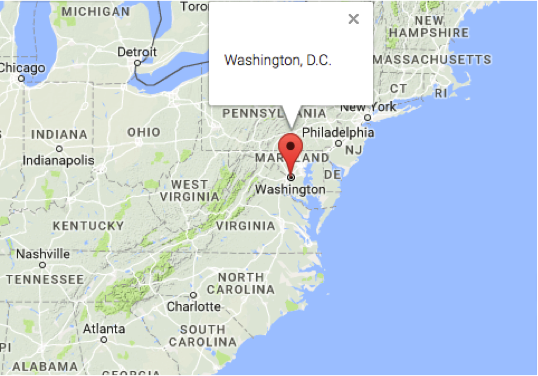 Ahead of a meeting with tech executives in December, President-elect Donald Trump appointed Uber CEO Travis Kalanick and Tesla Motors CEO Elon Musk to his Strategic and Policy Forum.
Ahead of a meeting with tech executives in December, President-elect Donald Trump appointed Uber CEO Travis Kalanick and Tesla Motors CEO Elon Musk to his Strategic and Policy Forum.
Both industry leaders have been fervent supporters of autonomous vehicles, leading their respective companies’ efforts to research and deploy the technology in the coming decade.
While the forum serves purely as an advisory board, this may spell an opportunity for the tech executives to bend the incoming president-elect’s ear on creating federal policies that are friendly to self-driving car development.
Norway Plans to Pass National AV Laws in 2017
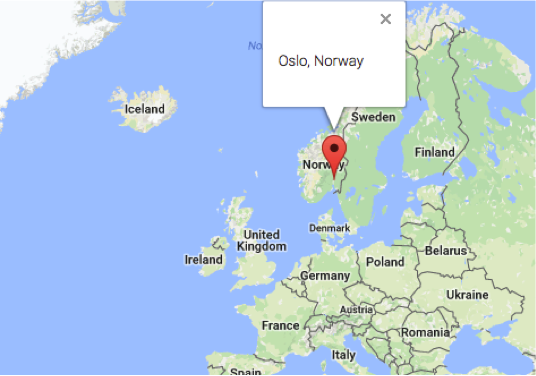 As one of the largest markets for Tesla’s semi-autonomous vehicles, Norway’s Ministry of Transport and Communications has announced plans to present an AV bill to its parliament early this year.
As one of the largest markets for Tesla’s semi-autonomous vehicles, Norway’s Ministry of Transport and Communications has announced plans to present an AV bill to its parliament early this year.
The proposed bill will allow the public to test autonomous vehicles while establishing processes to protect the personally identifiable information (PII) of consumers and enhance traffic safety.
While the bill must still be reviewed and voted on by the Norwegian parliament, this could the first instance of a country establishing a nationwide set of laws for AV testing and deployment.

 NuTonomy’s inaugural autonomous vehicle test in Boston experienced an unforeseen rain delay on Tuesday, January 3.
NuTonomy’s inaugural autonomous vehicle test in Boston experienced an unforeseen rain delay on Tuesday, January 3. This week, Ford Motor Company introduced the next generation of its autonomous Fusion Hybrid development vehicle at the Consumer Electronics Show in Las Vegas. The automaker plans to more than triple its fleet of autonomous development vehicles in 2017 with operations in Michigan, California, and Arizona – each of which have already established policies for testing AVs.
This week, Ford Motor Company introduced the next generation of its autonomous Fusion Hybrid development vehicle at the Consumer Electronics Show in Las Vegas. The automaker plans to more than triple its fleet of autonomous development vehicles in 2017 with operations in Michigan, California, and Arizona – each of which have already established policies for testing AVs. In stark contrast with Ford, the Silicon Valley giant refused to apply for a California AV testing permit for its
In stark contrast with Ford, the Silicon Valley giant refused to apply for a California AV testing permit for its 
 At Santa Clara University in California, local startup Auro Robotics is conducting a first-of-its-kind deployment of low-speed autonomous shuttles on a university campus.
At Santa Clara University in California, local startup Auro Robotics is conducting a first-of-its-kind deployment of low-speed autonomous shuttles on a university campus. Ahead of a meeting with tech executives in December, President-elect Donald Trump
Ahead of a meeting with tech executives in December, President-elect Donald Trump  As one of the largest markets for Tesla’s semi-autonomous vehicles, Norway’s Ministry of Transport and Communications has
As one of the largest markets for Tesla’s semi-autonomous vehicles, Norway’s Ministry of Transport and Communications has 

